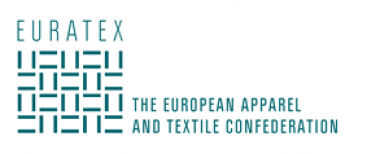Cascale to host Manufacturer Forum in Shanghai
Cascale (formerly the Sustainable Apparel Coalition) will host Manufacturer Forum: Shanghai on June 28, part of an annual series of events designed to amplify the voices of manufacturers around the globe. Featuring targeted programming designed to address local challenges faced by manufacturers, the event will highlight solutions provided by Cascale’s Higg Index suite of tools and growing list of impact initiatives. The event takes place at the Shanghai New International Expo Center in collaboration with ISPO Shanghai, the multi-segment summer trade show.
Following successful runs in Bangalore, Dhaka, and Shenzhen, Manufacturer Forum: Shanghai will further facilitate pre-competitive collaboration in order to share best practices and collectively address critical challenges. Keynote speakers include Colin Browne, the organization’s newly-appointed CEO, and Scott Raskin, CEO of Worldly, Cascale’s technology partner and event sponsor.
Reflecting “Catalyst for Change,” the current theme of Cascale’s Manufacturer Forum series, the Shanghai event reinforces the organization’s commitment to support an open exchange between manufacturers and better understand their needs and ongoing challenges to jointly develop solutions.
Over 200 attendees are expected to attend the event, which brings together manufacturers with business leaders and critical stakeholders. Programming will cover a wide range of topics, including what manufacturers need to know about global policy, how strategic partnerships can drive industry change, the evolution of Higg FEM and verification processes, and the latest on decarbonization impacts. To aid goal and target-setting, there will also be dedicated training on setting Science-Based Targets for decarbonization, as part of an evolving and interactive program.
Cascale











